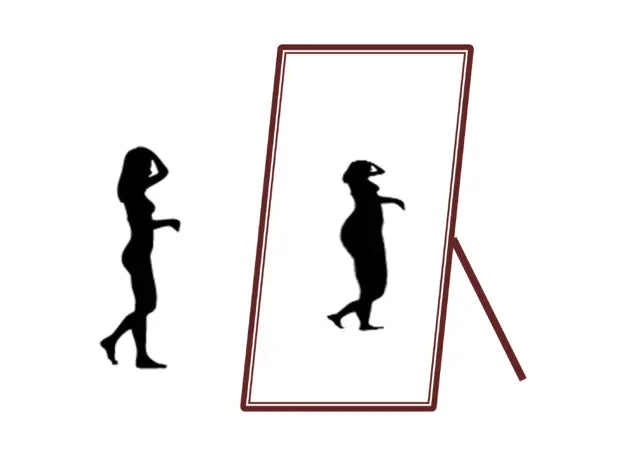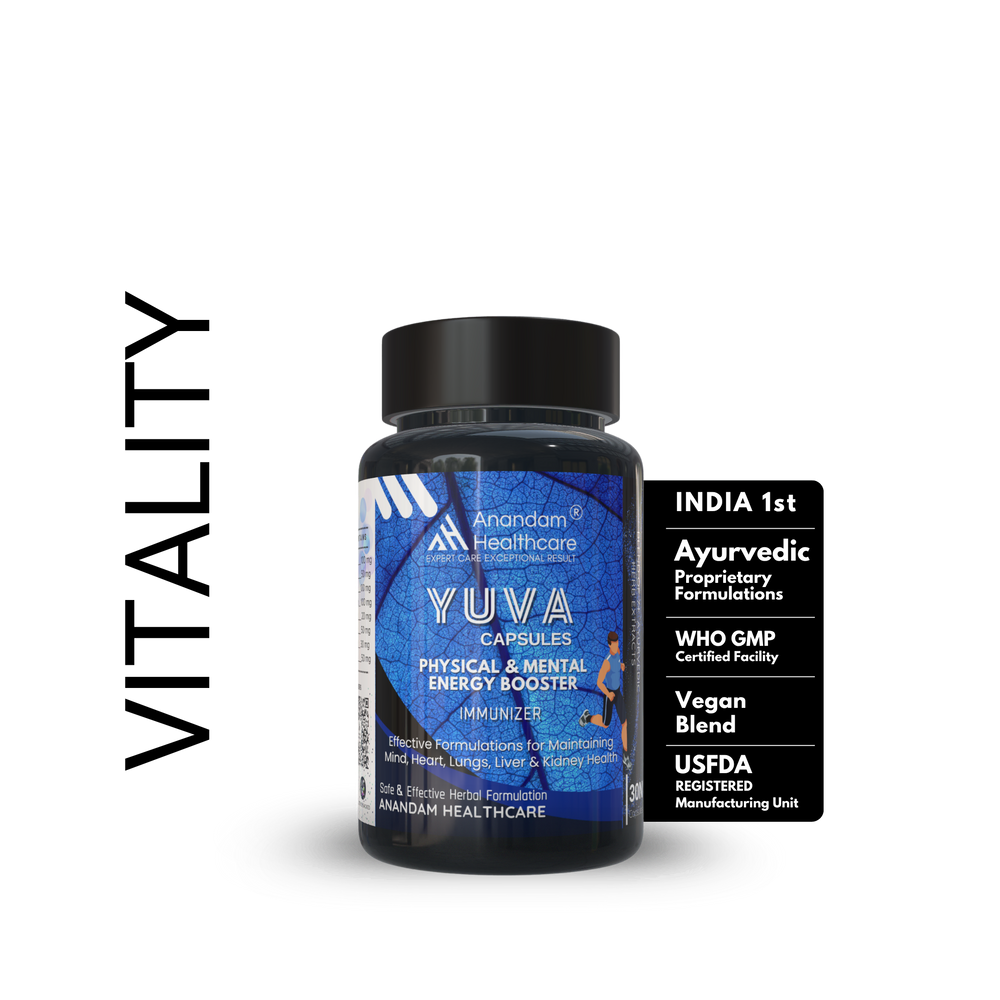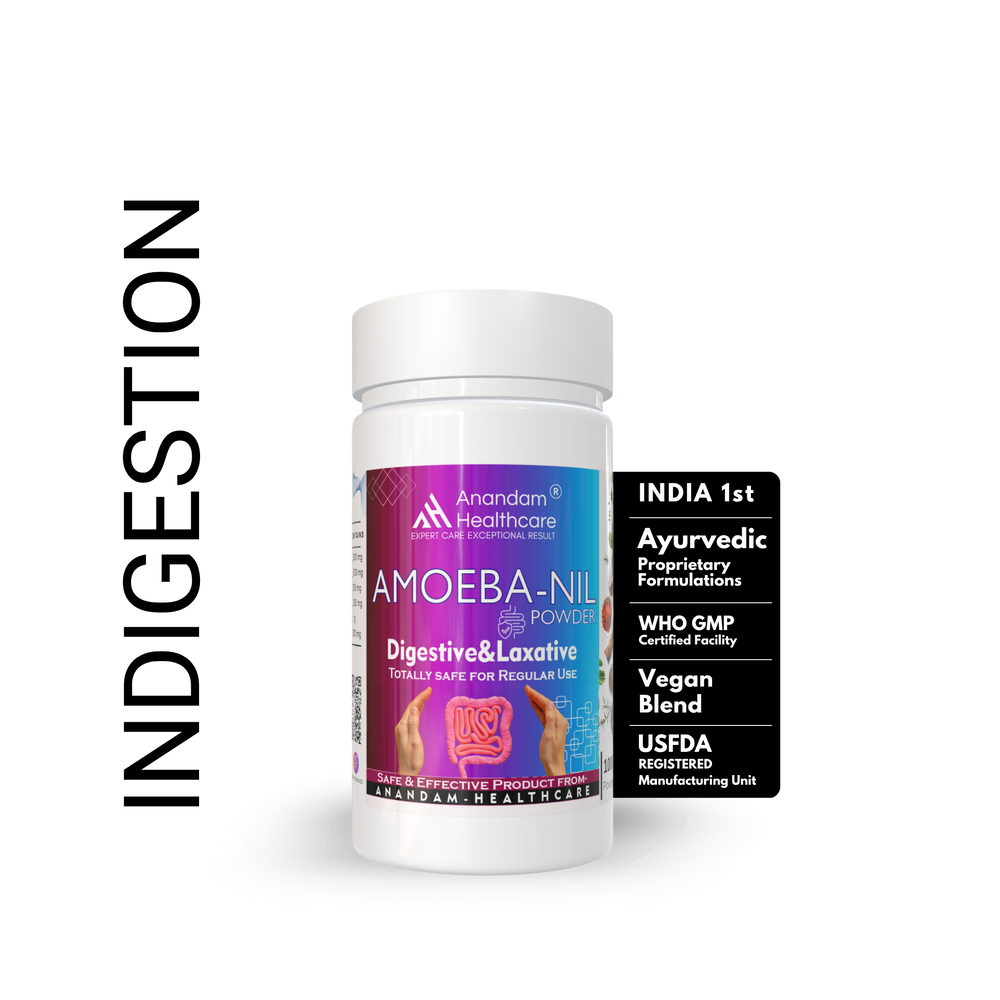
People talk about it all the time. Ideal body weight. Healthy weight. BMI chart. Standard body weight. Normal body weight. Weight management. You’ve heard these words in gyms, doctor’s clinics, or probably in that one family gathering where someone couldn’t resist commenting, “You’ve lost weight” or “You’ve gained.” But here’s the truth. Your weight is not just a number on a scale. It’s a reflection of balance.
Ideal body weight is where your body performs at its best. Where you don’t feel drained climbing stairs. Where your heart thanks you silently. Where your joints don’t scream when you go for a run. It’s not about looking like a magazine model. It’s about health. Energy. And yes, confidence.
Why Do We Even Care About an Ideal Body Weight?
Quick story. Imagine waking up, feeling heavy, sluggish. Tired before the day even begins. Now imagine waking up feeling light. Muscles charged. Mind sharp. That’s the difference between living outside your healthy weight and living inside it.
Doctors say ideal body weight reduces risk of big scary things—diabetes, hypertension, stroke, heart disease, arthritis. Everyday stuff too—back pain, lack of stamina, mood dips. Trust me, weight is not vanity. It’s survival.
So when people keep Googling how to calculate ideal body weight, what is my healthy BMI, or how much should I weigh for my height—they’re not always chasing looks. Many just want to breathe better. Sleep better. Live longer.
What Exactly Is Ideal Body Weight?
You’ll find people define it in different ways. To some, it’s fitting into old jeans. For others, it’s staying below the danger line in a BMI calculator. Medically, ideal body weight (IBW) is the weight associated with lowest risk of diseases, according to BMI charts, waist-to-hip ratio, body fat percentage, and other markers of healthy body composition.
But here’s the kicker. There’s no universal number. Your ideal might not be mine. Because genetics, gender, metabolism, bone structure—all matter.
Think of IBW like tuning an instrument. If too tight, the string snaps. If too loose, no tune. Our body reacts the same. Underweight? Fragile bones. Weak immunity. No energy. Overweight? Fatigue, metabolic problems, high cholesterol. Ideal body weight = the sweet spot in between.
The BMI Story
To make it simple, doctors mostly rely on BMI—Body Mass Index. It’s a formula:
Then you look at a BMI chart.
| BMI Range | Category | Health Meaning |
|---|---|---|
| Below 18.5 | Underweight | Higher infection risk, weak immunity |
| 18.5 – 24.9 | Healthy / Ideal weight | Best balance, lowest health risks |
| 25 – 29.9 | Overweight | Tiredness, cholesterol, possible BP rise |
| 30+ | Obese | High chance of diabetes, heart disease |
So according to BMI, your ideal body weight is the one that keeps you between 18.5 and 24.9.
But wait. That’s not the full story.
Why BMI Isn’t Everything
Take Sameer, 26. Gym freak. Muscles everywhere. He clocks in at BMI 28, which technically says he’s overweight. But in reality? He’s strong, healthy, zero fat. Now take Reena, BMI 22, well within “ideal.” But she eats junk, never moves, has fatty liver problems.
See? BMI alone can lie. Which is why body composition, waist-to-hip ratio, waist circumference, metabolic health also matter for judging your real healthy weight.
Story of Two Friends: Riya & Meera
Let’s make it simple with a story.
Riya and Meera. Both are 5’4. Riya weighs 48 kg. Meera weighs 70 kg. Riya is on the underweight side. She looks slim, but feels weak. Always tired. Always falling sick. Meera, on the other end, carries extra weight. Her doctor warns her cholesterol’s climbing.
Neither girl feels good in her skin. Neither girl is at ideal body weight.
Fast forward six months. Riya starts eating more balanced meals—protein, vegetables, good fats. She gains 4–5 kgs. Her energy returns. On the other side, Meera starts walking daily, doing strength training, reducing sugar. She drops 8–9 kgs. Suddenly she feels lighter, more active. Both move closer to their healthy body weight range.
That’s the real story: Ideal weight isn’t about comparison—it’s about finding where you thrive.
Factors That Decide Your Ideal Body Weight
Several things come together:
- Height and gender – taller people naturally weigh more, men usually have higher lean mass.
- Age – metabolism slows over years, so healthy weight range might slightly shift.
- Bone density and muscle mass – dense bones and heavy muscles mean higher number, but healthier body.
- Lifestyle – a runner at BMI 25 is healthier than a sedentary smoker at BMI 22.
Ideal weight is always personal. Always flexible.
Numbers Aren’t Everything
Doctors also use other health markers:
- Waist-to-hip ratio – women should ideally stay below 0.85, men below 0.9.
- Waist circumference – belly fat is dangerous; more than 40 inches in men, 35 in women = risk zone.
- Body fat percentage – 20–25% is healthy for women, 15–20% for men.
- Muscle strength, stamina, blood sugars, cholesterol – numbers that tell more than the weighing machine ever can.
The Psychological Side of Ideal Body Weight
Let’s be real. We live in a social media age. “Skinny,” “fit,” “aesthetic body,” “perfect curves.” People use those words every day. And sometimes, this ideal body weight obsession becomes toxic.
Truth: your mind matters too. If the chase for a number makes you anxious and depressed, that number stops being “ideal.”
So mental health is part of body weight conversation. Feeling confident in your body—even while working on it—is part of being truly healthy.
Tips to Reach Your Own Ideal Weight
So how do you move closer to your healthy body weight? Not with crash diets. Not with starving. Not with magic promise shakes. Instead, with slow steady changes:
- Eat balanced meals with protein, fiber, healthy fats.
- Hydrate well. Plain water works wonders.
- Move daily—walk, gym, yoga, dance. Doesn’t matter, move.
- Sleep 7–8 hours. Lack of sleep ruins metabolism.
- Manage stress. Cortisol makes weight stubborn.
- Avoid processed sugar and junk. Simple, not easy.
Common Myths About Ideal Body Weight
- Myth 1: One number fits all. Nope.
- Myth 2: Lower is always better. Being underweight damages immunity and hormones.
- Myth 3: If I’m in the healthy BMI range, I’m automatically healthy. Wrong. A lazy lifestyle beats any BMI.
- Myth 4: Crash diets are fastest. They just destroy metabolism long term.
The Takeaway
So, what is an ideal body weight? It’s not the lowest number. Not the “Instagram-perfect” look. Not hitting that exact BMI every time.
Your ideal body weight is the one where:
- You move without strain.
- You sleep well.
- Your energy flows through the day.
- Your doctor smiles at your reports.
- And most importantly—you feel alive.
Think of it less about math, more about living a good strong life.
Your ideal body weight = your happy weight + your healthy weight.
Because in the end, numbers fade. But the way you feel? That lasts.
Read Also: How to Improve Digestion Naturally






